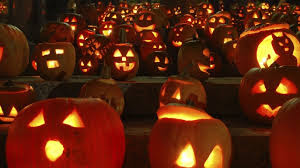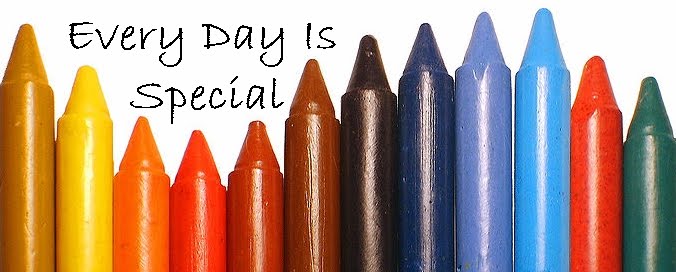Posted October 30, 2017
John Adams, U.S. President #2, always seemed a little less dynamic to me than our first and third presidents. I mean, George Washington was the general who led the American rebels to victory! And Thomas Jefferson wrote the Declaration of Independence! And bought the enormous "Louisiana Purchase" that was so so so so so much more land than just Louisiana!
Indeed, John Adams is not ranked as high as Washington and Jefferson by historians who compare the accomplishments of the various presidents. According to Wikipedia, most historians rank Adams as being medium-high in accomplishment, around the level of Barack Obama, rather than one of the top-top (rankings vary, but both Washington and Jefferson tend to be in the top 5).
But Adams was no slouch. Check out the bajillions of things Adams accomplished even before he became president:
He was a lawyer. As a matter of fact, even though he was pro-American independence, he felt that it was so important that everyone have the right to counsel (in other words, the right to a lawyer), he provided a legal defense of the British soldiers accused in the Boston Massacre. This move was very unpopular - but he thought it was the right thing to do.
He was a writer. He wrote a diary and loads of letters, particularly to his wife, who he considered his most important advisor. He helped write the Declaration of Independence. One of his essays, and the Massachusetts state constitution he helped write, both influenced the development of the U.S. Constitution.
He was a diplomat. He helped negotiate the peace treaty with Britain, and he also managed to get important loans from European banks.
He was the nation's first Vice President, serving under Washington.
Now, as to Adams's presidency, he was strong on defense and is called the "Father of the American Navy." He avoided full-on war with France partly by fighting a "Quasi-War," in which American ships harassed French ships in order to get France to stop seizing American merchant ships. In case France attacked the new United States on land, Adams built up the army as well as the navy.
 Adams was the first president to visit the new capital, Washington, D.C., as it was being built, and he was the first to live in the executive mansion - now known as the White House.
Adams was the first president to visit the new capital, Washington, D.C., as it was being built, and he was the first to live in the executive mansion - now known as the White House.
Even though Adams and Jefferson were often political rivals, and Jefferson beat Adams in the election of 1800, in what turned out to be a pretty vicious, personal campaign, the two became friends again after Jefferson's presidency was over. They wrote to each other often for the last fourteen years of their lives.
It's interesting to note that both Jefferson and Adams, who worked together to write the Declaration of Independence, died on July 4, 1826. This was the 50th anniversary of the adoption of the Declaration of Independence, and it was considered the birthday of the nation - so it is amazing that they both died on this day!
Adams's last words included a famous, short statement: "Thomas Jefferson survives." I guess he meant to acknowledge that his longtime friend and rival had outlived him - but, remember, at the time news traveled really slowly. In fact, Thomas Jefferson had died several hours before!
 |
John Adams often spoke about the need for an educated
people in a democracy.
Now that we have social media, tons of misinformation,
Russian hackers, internet trolls, memes that may or may
not be accurate - we all need to have a good basic education
AND a sense of skepticism AND the practice of fact-checking. |
 |
| You probably know that this is a fake quote! :) |
Also on this date:
(October 25 - 31)
Haunted Refrigerator Night
Plan ahead:
Check out my Pinterest boards for:
And here are my Pinterest boards for:
 I kind of hate to talk about anything other than Halloween on October 31, but as you see below (in the "Also on this date" section), we have Halloween, Halloween, and more Halloween. Samhain is one of the precursors to Halloween, and knocking on doors, begging for treats, and magic are all associated with Halloween. So almost every year, I manage to talk about Halloween. This year is no exception!
I kind of hate to talk about anything other than Halloween on October 31, but as you see below (in the "Also on this date" section), we have Halloween, Halloween, and more Halloween. Samhain is one of the precursors to Halloween, and knocking on doors, begging for treats, and magic are all associated with Halloween. So almost every year, I manage to talk about Halloween. This year is no exception!














































